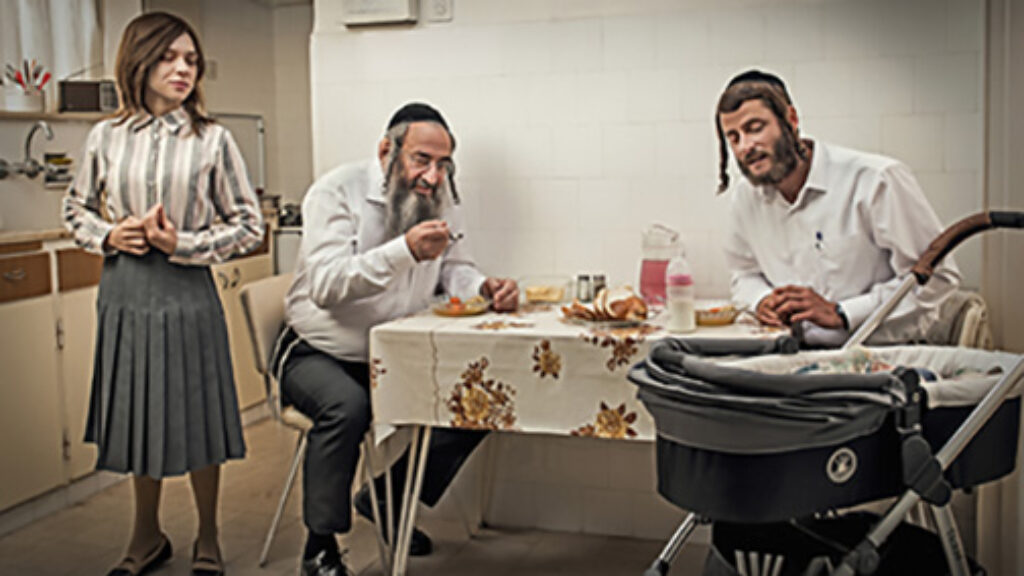
A Season of Tzuris: The Shtisels Return
In Season 3 of the hit Netflix show, the Shtisels reckon with an endless procession of trials and tribulations, from the perils of courtship to the strains of fraying marriages.
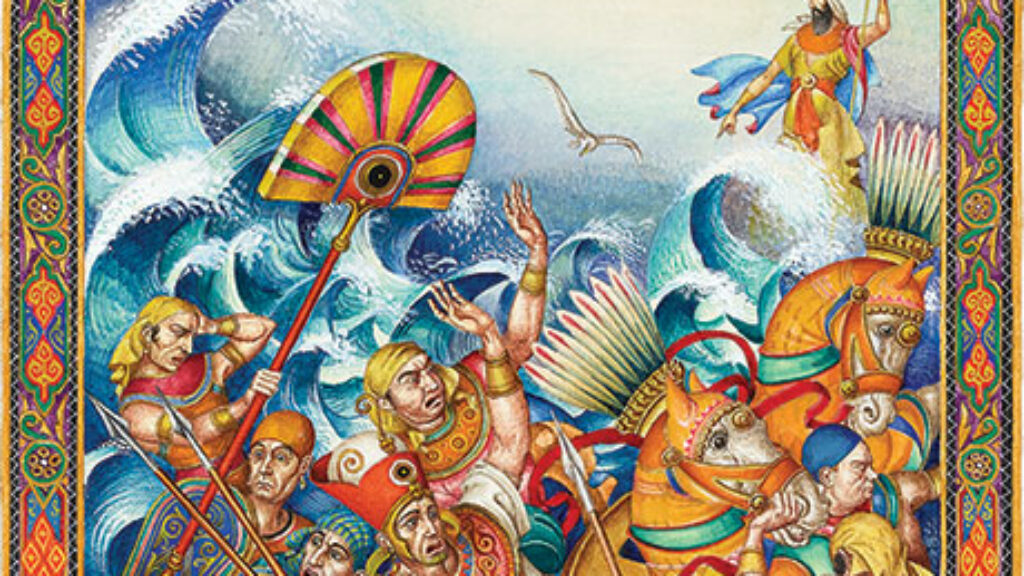
Smitten with Sympathy
As the sea split, God shushed the angels, saying, “My handiwork is drowning in the sea and you are reciting songs before me?”
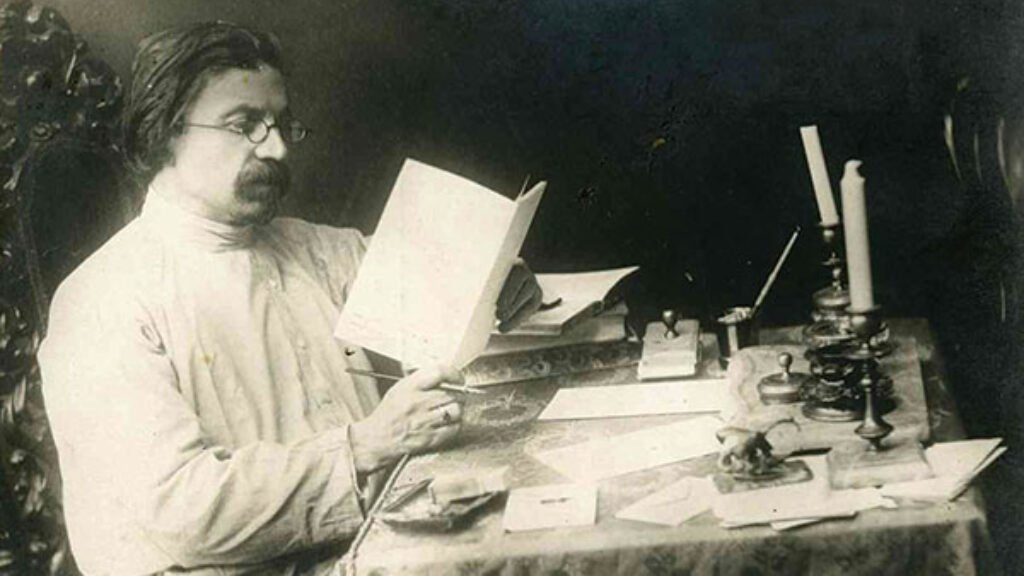
Moshkeleh the Thief
“The holiday is also sweet and dear because poor and dejected Jews toil hard, alas, and struggle, and just barely, in the nick of time, amid great trouble, angst and tribulations, bring in the holy holiday. Now, finally, they can rest and relax for eight days in a row.” A new translation of Sholem Aleichem by Curt Leviant.
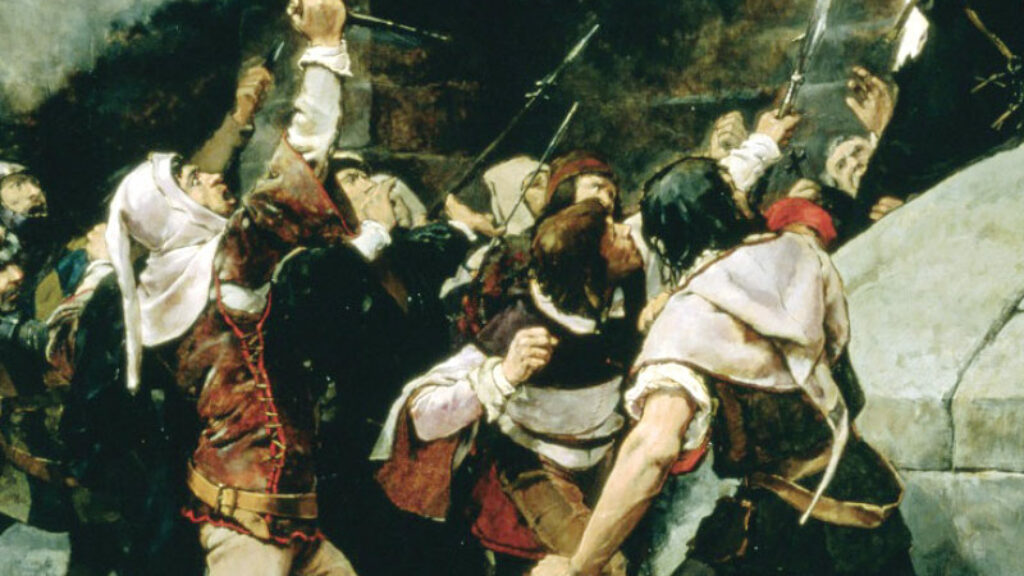
Faith and Miracles: Hasdai Crescas’s Passover Sermon
In Hasdai Crescas’s brilliant critique of Maimonides, he replaced the self-intellecting intellect that was Aristotle’s God with the God of Israel, whose essential nature, he argued, was one of unbounded and unfailing love.
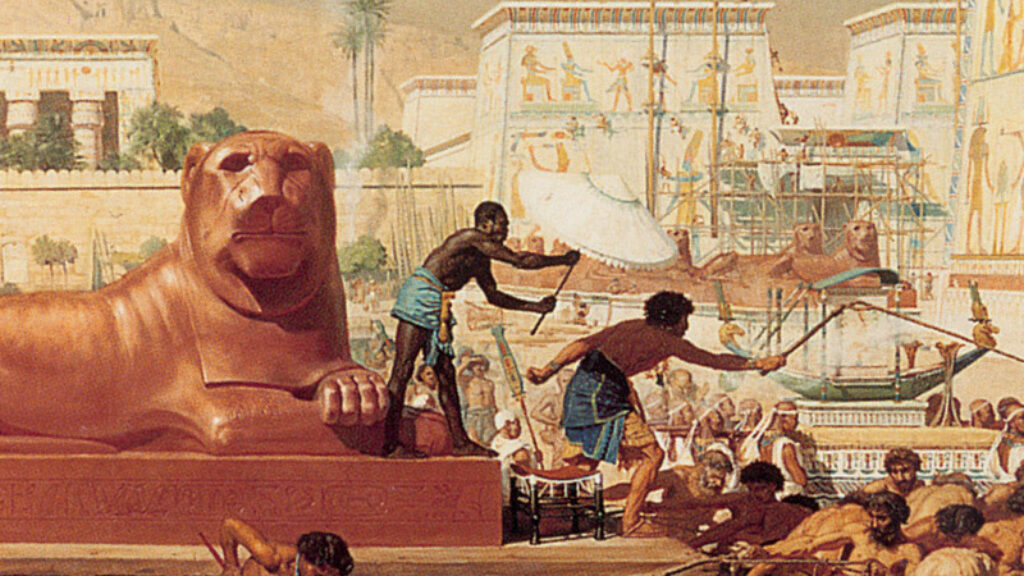
The Beginning of Politics
Leon Kass hadn't really read the Bible until he found himself teaching Genesis to freshmen at the University of Chicago. Three decades later, he published his widely acclaimed The Beginning of Wisdom: Reading Genesis. Now he’s published his commentary on Exodus.
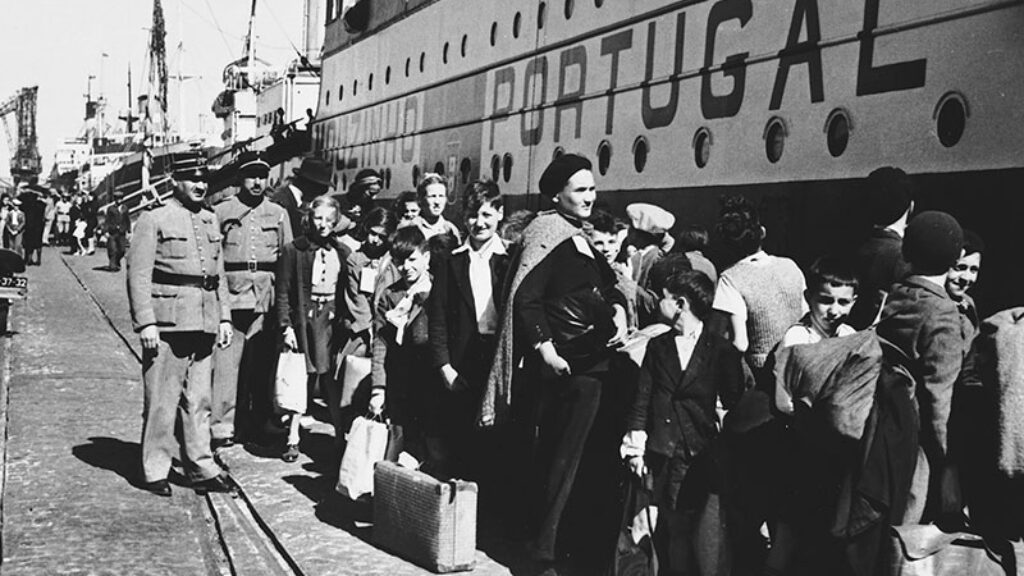
Time Ticks Away in Portugal
Tens of thousands of Jews made their way into Portugal in waves between the fall of France in 1940 and the end of World War II. The ordeals Marion Kaplan depicts were not terribly long, but to the people who endured them, they often seemed endless.
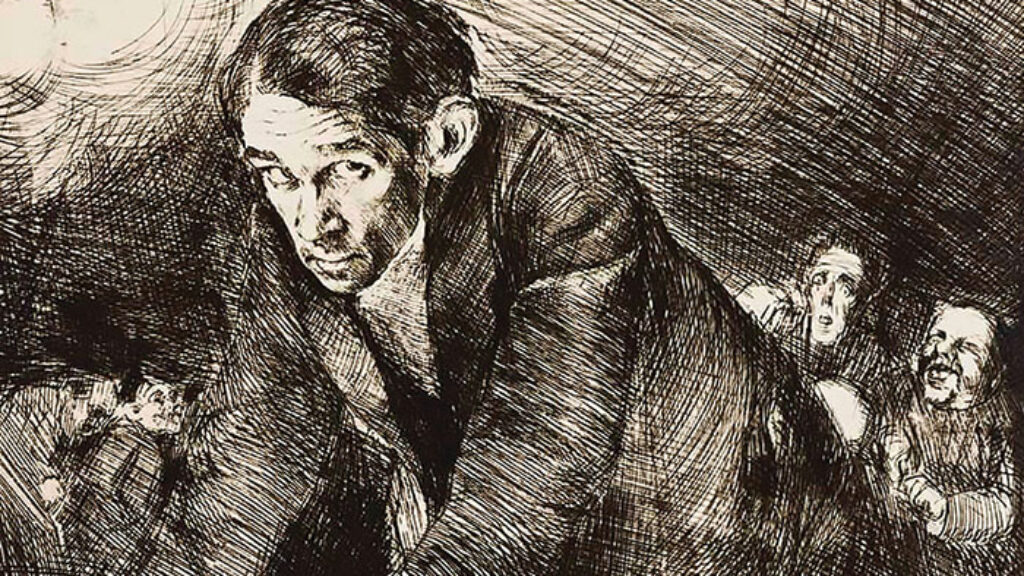
And the Heart Is Forever Broken
Amid the ferment of interwar Poland, two opposite motions guided Jews who followed the sometimes blinding torches that lit the way toward modern culture. The first surged outward. The second traveled inward.
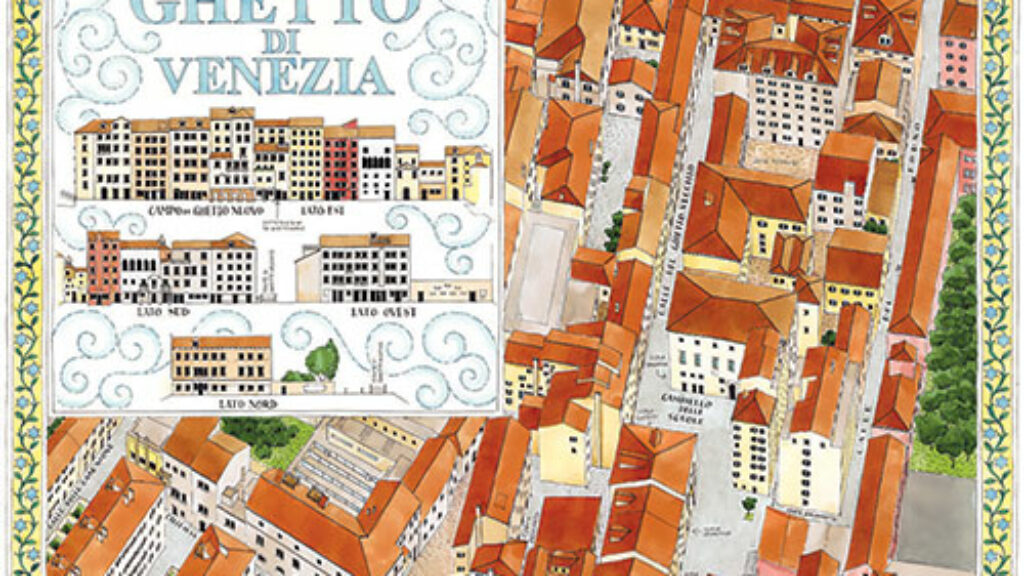
From Venice to Harlem
Faced with a bewildering variety of uses for the word “ghetto,” Daniel B. Schwartz performs marvels of clarification in steering the reader through the labyrinthian twists, turns, and hidden alleyways that mark this terminological odyssey.
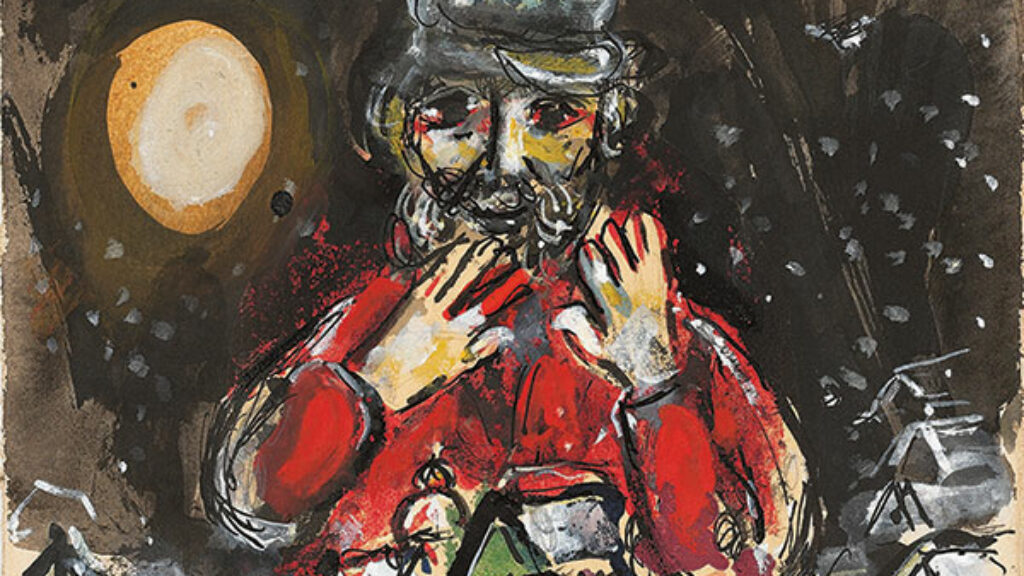
Screwball Tragedy
Picture a Jewish town, located deep in a Polish forest, that hasn’t received so much as a postcard from the outside world in more than a century. Max Gross conjured it up The Lost Shtetl: A Novel, and the result is both screwball and serious.
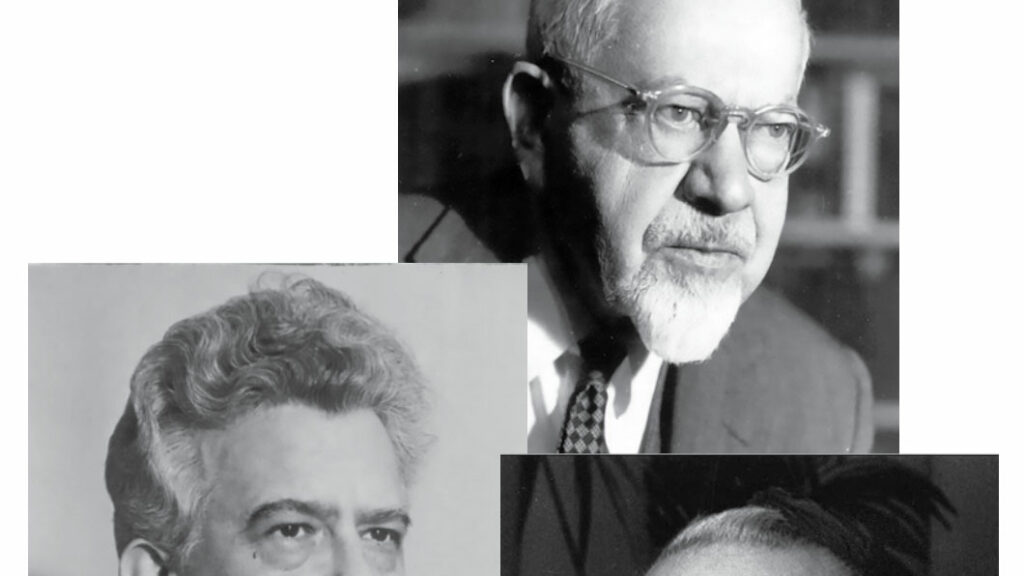
Between Literalism and Liberalism
While literalism is intellectually untenable and liberalism is numerically imperiled, many Jews find that what they believe cannot be transmitted, and what can be effectively transmitted they cannot believe.